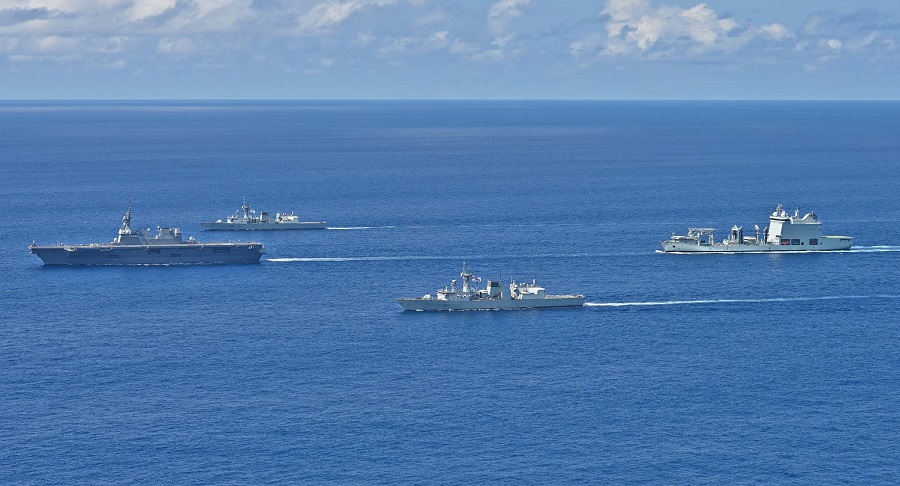Minister Stands by Canadian Navy’s Port Call in Havana
In a move that has drawn international attention, Canada’s HMCS Margaret Brooke, a Harry DeWolf-class offshore patrol vessel, entered the port of Havana for a port call this past week. The decision, sanctioned by Defence Minister Bill Blair, was in direct response to a request from the Canadian military’s top brass—specifically the commander of joint operations command and the admiral of the Royal Canadian Navy.
The port call was not a spontaneous decision; it was a deliberate action planned and announced by the Canadian military, demonstrating Canada’s strategic foresight in naval operations. The HMCS Margaret Brooke’s arrival on Friday and its subsequent departure back to Canadian waters today were part of a broader mission to affirm Canada’s naval presence and commitment to maritime security in the Americas.
The presence of Russian warships in Havana was known to Minister Blair when he authorized the HMCS Margaret Brooke’s mission.
The deployment comes at a time when Cuba has shown support for Russian President Vladimir Putin’s war efforts in Ukraine, with Cuban nationals reportedly fighting alongside Russian troops.
Last week’s activities saw heightened military action as the HMCS Ville de Québec, along with U.S. destroyer USS Truxton and U.S. Coast Guard cutter USCGS Stone, tracked a Russian warship flotilla crossing the Atlantic towards the Caribbean. During this crossing, the Russian vessels conducted missile exercises with Moscow’s advanced Zircon hypersonic missiles—a development closely monitored by Canadian and allied forces.
Minister Blair addressed concerns regarding the flotilla, stating that it poses “no immediate threat” to Canada. Nonetheless, Canada has taken precautionary measures by deploying CP-140 patrol aircraft to monitor the flotilla’s movements along the eastern seaboard and into Cuban waters.
The HMCS Margaret Brooke’s port call in Havana is a clear demonstration of Canada’s resolve to maintain regional stability and showcase its naval capabilities. It also serves as a reminder of Canada’s vigilance in monitoring global military developments that could impact national security and its commitment to upholding international maritime laws.



